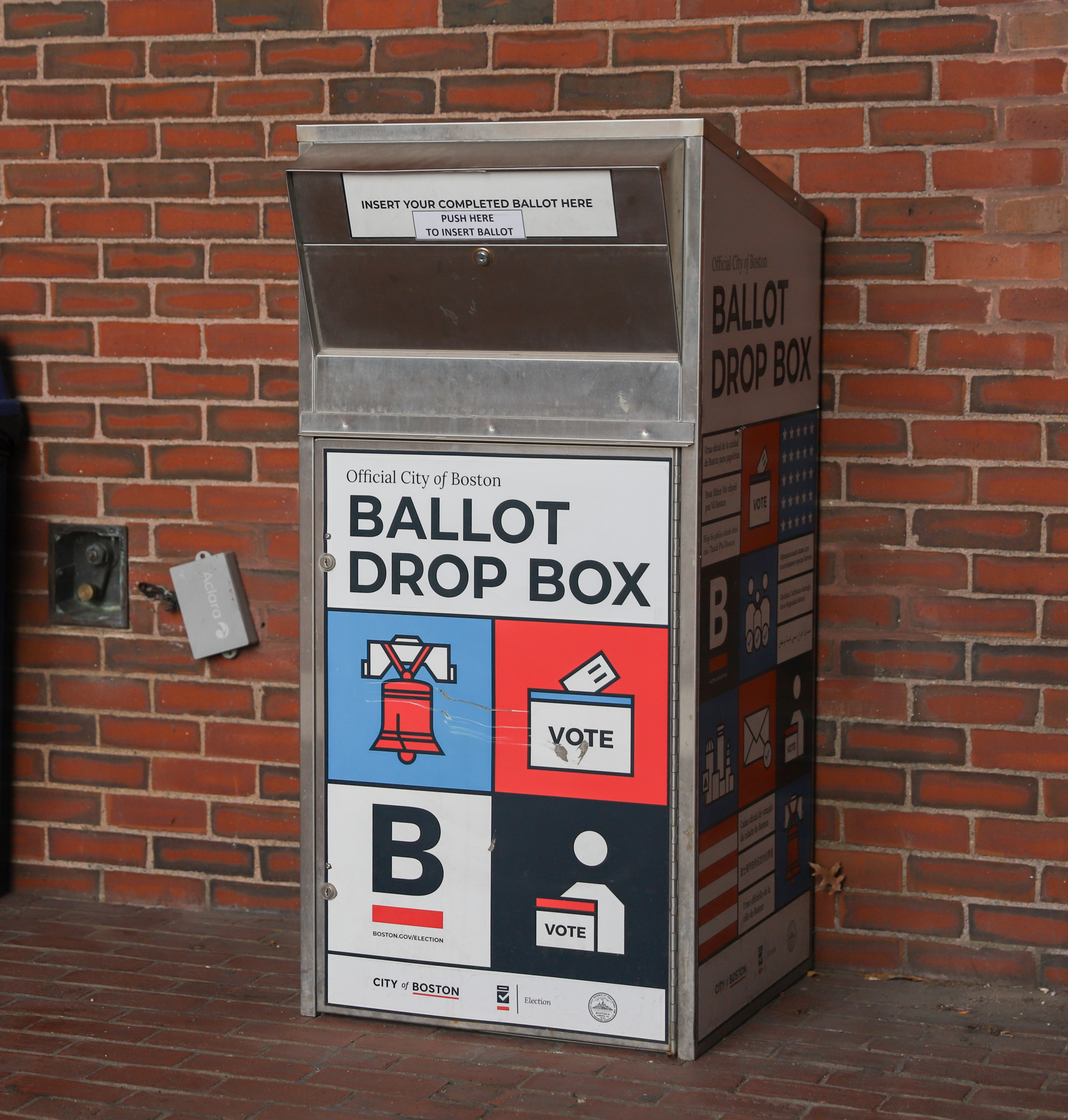Question 5, a Massachusetts ballot measure to raise the minimum wage for tipped workers, has gained new traction as Election Day approaches, with supporters and opponents receiving financial backing and high-caliber endorsements.

The Committee to Protect Tips, which opposes the measure, has raised more than $2.7 million for its campaign, according to Sen. Patricia Jehlen, a leading supporter of Question 5. Darden Corporation — the parent company of Olive Garden, Ruth’s Chris Steak House and Yard House — contributed $500,000 to the opposition.
Other major donors opposing the measure include the National Restaurant Association, Hampshire House Hospitality Group owner Thomas Kershaw, the Retailers Association of Massachusetts and the Wine and Spirit Wholesalers of Massachusetts, which all contributed hundreds of thousands of dollars, Jehlen wrote in a statement.
Jonathan Cohn, policy director of Progressive Massachusetts, an organization in support of Question 5, said he questions donations made “in opposition to a question asking them to pay their workers more.”
“It makes you think, ‘Well, clearly there’s money that they could be devoting to paying their workers more,’” Cohn said.
Jehlen said while the opposition has received financial support, Question 5 gained new endorsements, including Massachusetts Attorney General Andrea Campbell, former U.S. Secretary of State Hillary Clinton, Vice President Kamala Harris and the Boston Globe.
While Harris has not explicitly pointed out the ballot initiative, her economic plan emphasizes a “fight to raise the minimum wage” and “end sub-minimum wage for tipped workers and people with disabilities,” Jehlen wrote in a statement.
Jehlen said the Question 5 ballot initiative will be “really hard” to pass.
Cohn said he has “confidence in the Massachusetts voters,” but the opposition’s large spending “muddies the water.”
“One of the biggest struggles that the campaign has had is just the money mismatch,” Cohn said. “If you don’t have as much resources, you don’t have the ability to do as much in the way of paid media.”
Cohn said voters are “going to the polls for the presidential race” rather than having “the ballot questions top of mind.”
“It’s an important thing to talk to voters, whether it’s outside the polls, whether it’s at their doors, whether it’s on the phone, to make sure that they have a greater sense of what they’re voting on,” Cohn said.
Restaurant workers have been opposing the initiative, which Jehlen said is because they are receiving “incorrect information.”
“It’s very hard to fight back against the perception that restaurant workers are opposed to it because people want to support the workers,” Jehlen said.
While Jehlen supports the initiative, she said she does not support the “tip pooling” part of the ballot question, which allows for the distribution of tips among front- and back-of-house workers. She said she is “prepared to file a bill and gather support to require a vote of the servers” if the measure is passed.
“Some people who are servers want to tip share,” Jehlen said. “But they should have a vote if their income is being redistributed.”
If the ballot does not get passed, Jehlen said she plans to work with UNITE HERE Local 26, a labor union that represents the hospitality industry, to raise the sub-minimum wage.
“This initiative is just a piece of the work that I think is central to … stop the increase in inequality and concentration of income and wealth and power,” Jehlen said.


















































































































